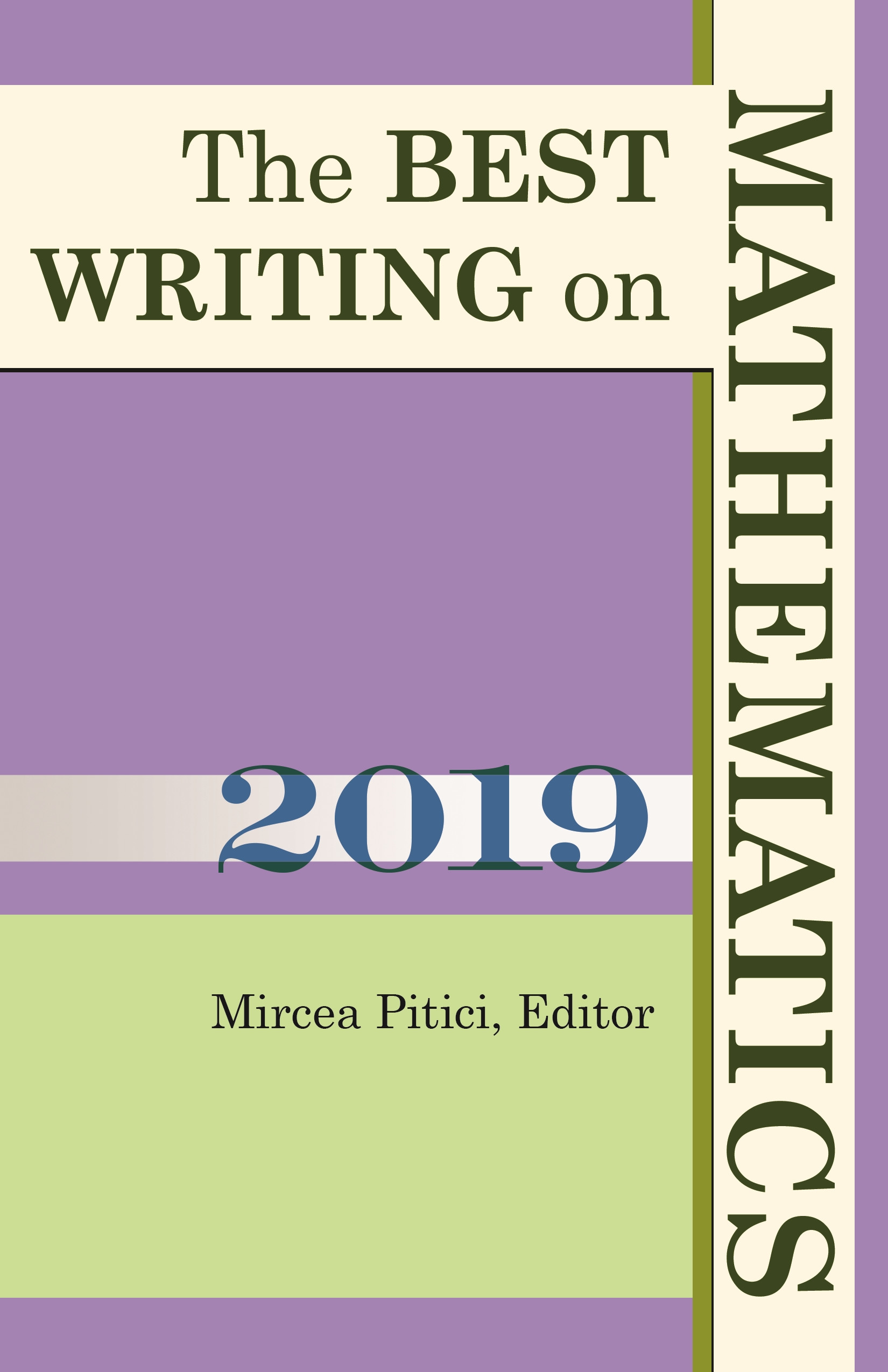I learned to do math proofs in college. But recently I have begun studying more advanced math books and I've noticed some mathematicians frequently make assumptions that I don't. When I write proofs, I tend to state every detail possible. But mathematicians often omit details or repetition. I used to think this was annoying but having written more proofs I realize such omissions create concision and may aid in understanding as a result.
Having said this, I do not feel I have a good grasp on what makes for good mathematical writing. Does anyone have any good resources on this topic?
Remark 1: I have extensively studied general writing and verbal communication and very few of the principles used in explaining things (eg use of analogies or metaphors) work well for mathematics -- at least at higher levels. So math writing is clearly a distinct skill.
Remark 2: A very trivial, simple example of such concision is that when we refer to $\mathbb{R}^{n}$, we mean a set of numbers for $n=1$ but a set of ordered pairs for $n>1$. Even I wouldn't state this, but for younger learners, I'm sure that distinction isn't known initially. I certainly didn't and had to learn it.
